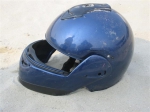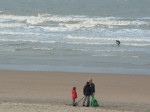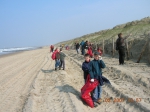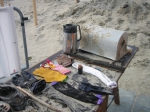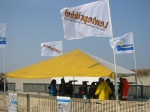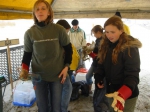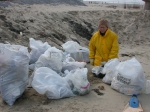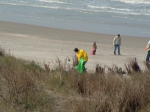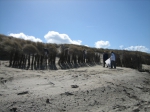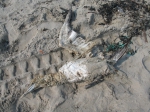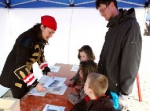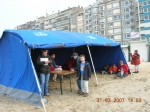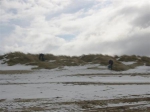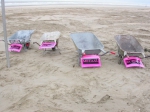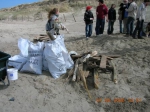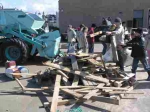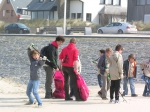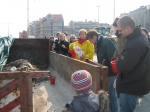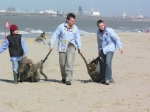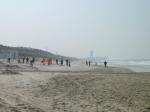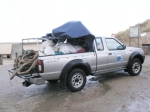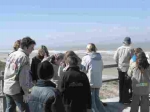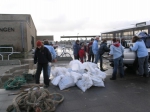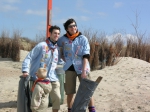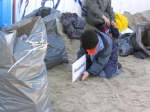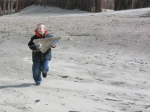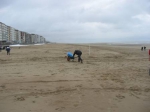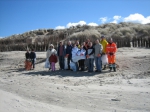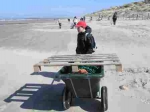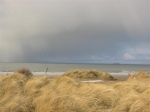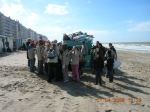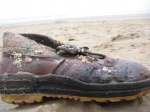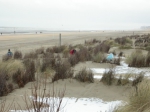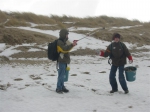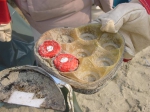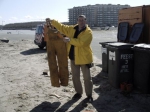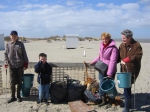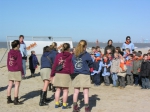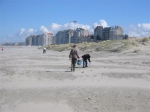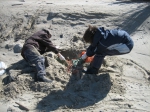 Marine debris is a large problem in the world seas. It is unknown how much debris there is in the seas. Therefore, we would like to find out how much waste there is on the Belgian Continental Shelf.
Marine debris is a large problem in the world seas. It is unknown how much debris there is in the seas. Therefore, we would like to find out how much waste there is on the Belgian Continental Shelf.
In this project we try to integrate data about marine debris in a large database. The data were collected by volunteers during the so-called 'Lenteprikkel' at the Belgian coast, where people collect debris every spring, and the 'fishing for litter'-action where fishing vessels collect waste during their fishing-activities, and take them to shore; and by scientists who did monitoring campaigns at sea to collect or observe the waste in sea and at the coastline. There will also be new monitoring campaigns done by the University of Ghent, who will also do some lab experiments on litter. more detailed information about the tasks can be found under 'Scientific activities'.
The overall aims of the present project are:
- to study the presence of marine debris (including the break-down/degradation products, e.g. micro plastics) in the Belgian marine environment, based on the available literature data and on dedicated quantitative monitoring surveys of the seabed, the sea-surface and the beach,
- to assess the effects of this debris (including possible associated micro-contaminants) on selected marine species (invertebrates and birds),
- to evaluate the financial impact of this form of pollution (removal vs. prevention),
- to develop and evaluate science-based policy evaluation tools.
|
Update of articles published recently concerning marine debris: Articles about debris in Iceland, the antarctic, the dutch coasts,... and identification methods to count and identify waste at sea |



